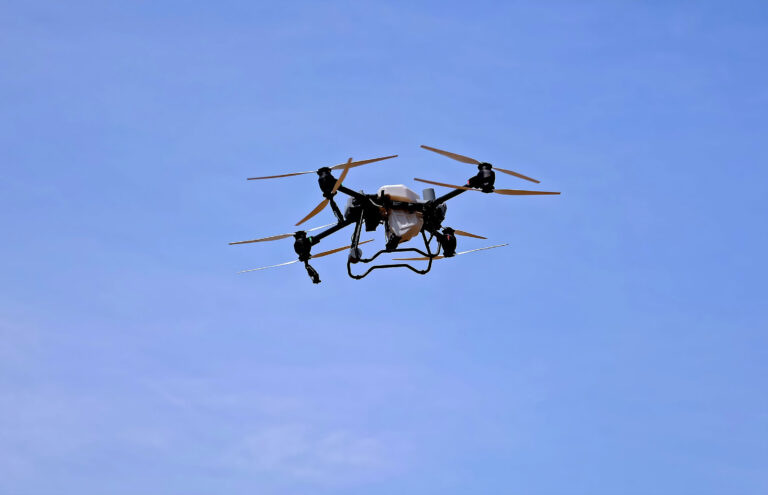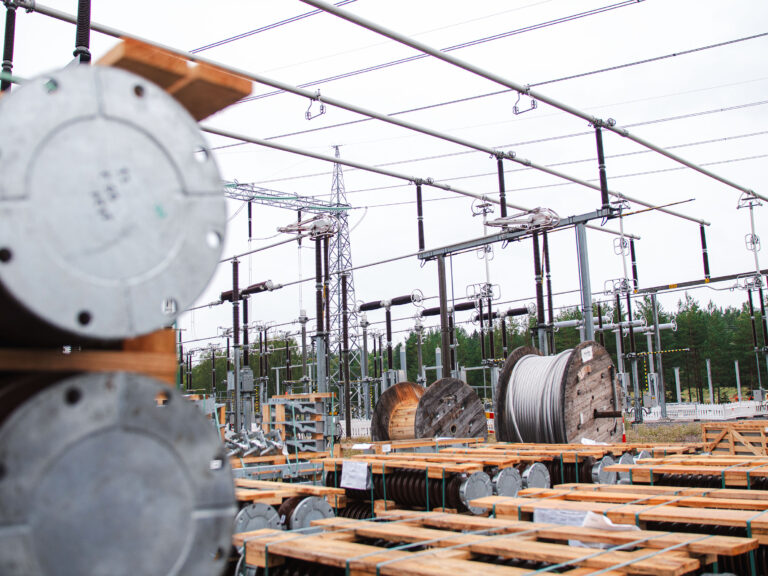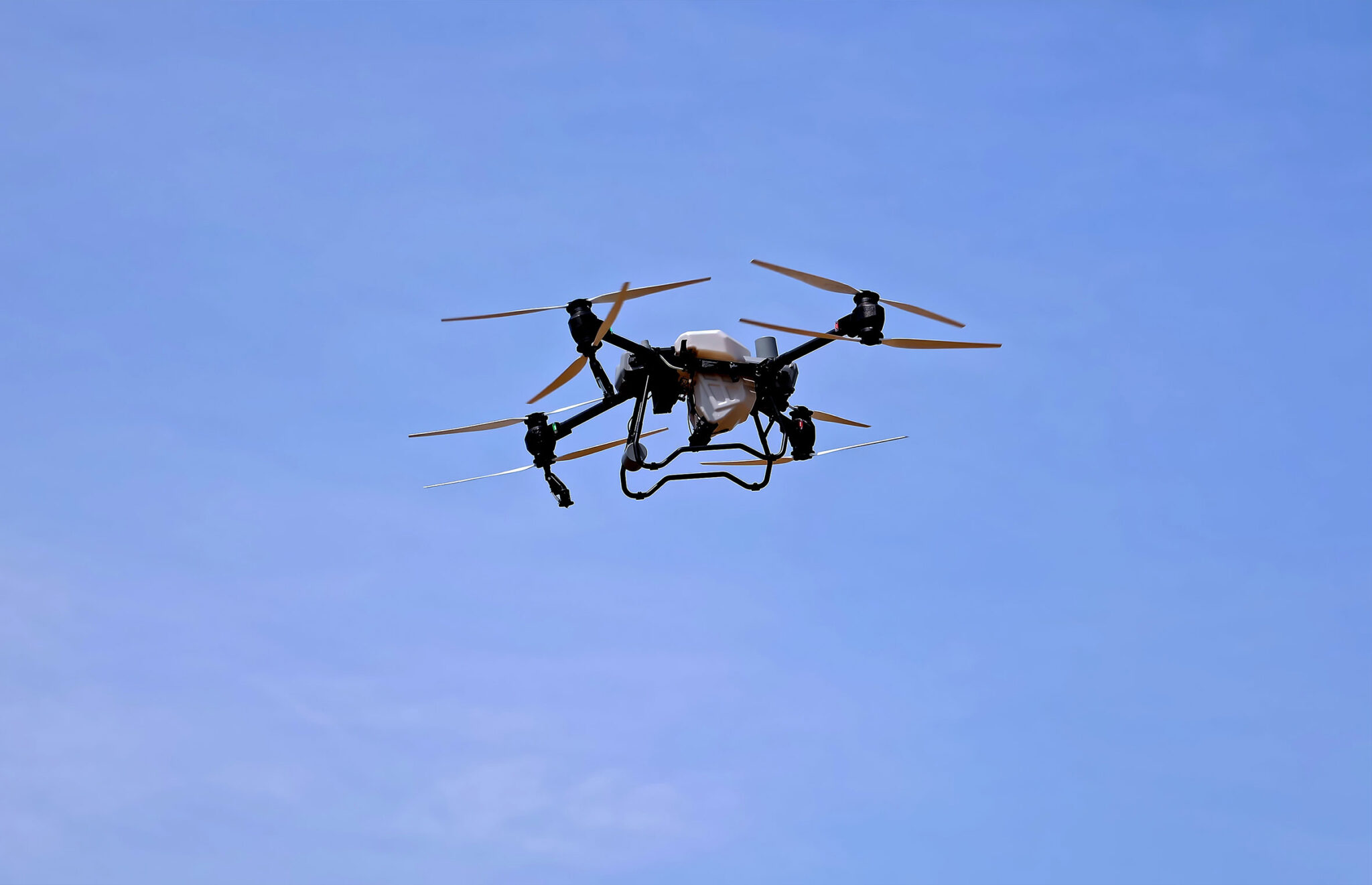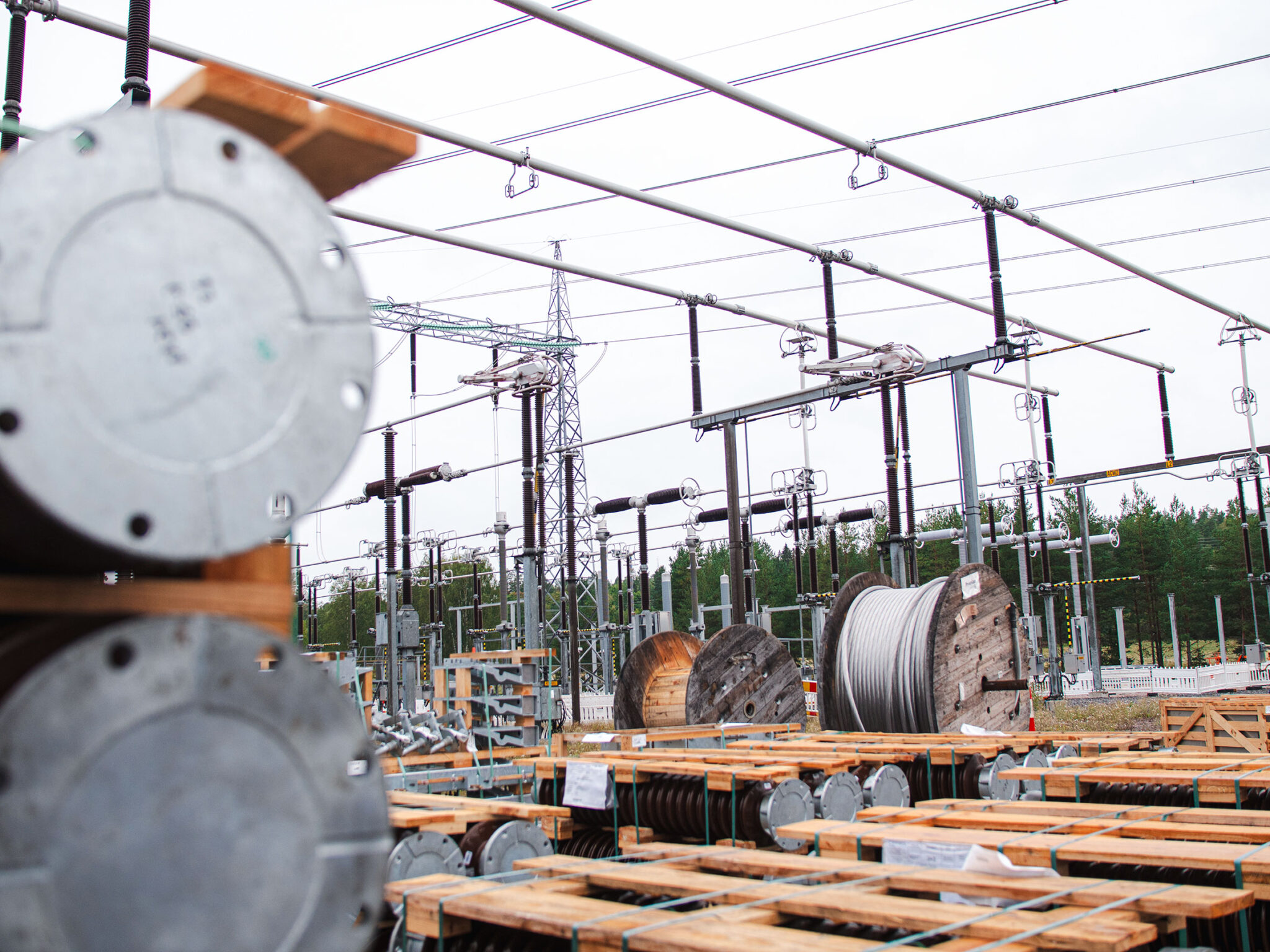
The ongoing energy transformation means an increase in wind and solar power, which vary according to the weather, and nuclear power production. Clean energy production is inflexible, and the electricity market desperately needs consumer participation in demand response. In addition to reducing consumption, consumer customers can become electricity sellers and thus earn money by using electricity sensibly.
In terms of creating a smart electricity system, it is critical to renew the structure and operating principles of the electricity market to correspond to changes in the operating environment. A smart grid is a platform linking production and consumption that vary in the most cost-effective manner possible.
The diverse composition of the Smart grid working group appointed by the Ministry of Economic Affairs and Employment last autumn demonstrates the desire to build the best possible smart grid: the working group includes customer representatives, authorities, grid companies, electricity suppliers, retail actors and research institutes. A smart grid cannot be created without broad-ranging cooperation.
High targets – and the will to achieve them
In addition to promoting overall maintenance of security of supply, the working group’s targets are to increase electricity market flexibility and determine how customers can benefit from smart grids. In the future, the customer will be an active participant who can choose whether or not to utilise the new services that are available.
This work has gotten off to a good start.
“We talk at working group meetings once a month, which has made it easier to find common ground,” says Senior Advisor Tatu Pahkala from the Ministry of Economic Affairs and Employment’s Energy Department. He also chairs the Smart grid working group.
Over a period of two years, the working group will create a vision that represents the common view of all the parties, and make proposals for concrete measures. The energy industry is aware of how important this work is, because the ongoing change in the electricity market is progressing fast – in part due to huge technology developments and the strengthening of prevailing megatrends, such as greater appreciation for ecological thinking and digitalisation.
Smart grid vision 2025 – what should we prepare for?
To provide a foundation for the work, a smart grid vision was created that takes different stakeholders into consideration and extends to 2025. A smart electricity system provides a service platform for the move towards a more decentralised and low-carbon electricity system. This makes it easier for customers to participate in the electricity market, improves security of electricity supply and creates new business opportunities for companies.
The working group is considering how the new smart grid should work and what things should be prepared for.
“Creating the prerequisites for a smart electricity system is a complex task and involves issues that have joint impacts. This is why we’re examining them in a cross-cutting manner,” states Pahkala.
We’re moving toward an increasingly low-carbon digital society. Our heating methods are changing, public transport and cars are becoming electric, smart homes and home automation are more common. As the electricity system becomes more decentralised, pressure to renew distribution network fees is also growing.
Pahkala wants to highlight one main message from the interim report:
“Demand response is market-based activity. The current system steered by distribution network operators and the related day and night electricity tariffs would be phased out in a controlled manner by offering customers a comprehensive range of new options.”
The interim report takes a positive attitude towards the fact that different energy communities and aggregators that gather customers’ electricity production, consumption and reserves into larger groups are entering the electricity market.
The work will conclude with proposals for concrete measures
When new players enter the game, we need new information exchange models, channels and a language for communication.
“We are very aware of this and we’re trying to assess the information exchange needs,” confirms Pahkala.
“One of our key challenges is how to help customers understand that these changes are really being done for them.”
The working group has reached the halfway point in its task and the main outlines have been drawn.
“The achievements will become more concrete towards the end. Although we consider things in a general manner a lot, the aim is provide very concrete new perspectives on everything from measurement business options to the functionalities of future electricity meters,” says Pahkala.
“We have to commission comprehensive sector and customer-specific impact assessments. Distribution network companies will play a bigger role in a smart electricity system, and rules and regulations must be developed in a direction that supports flexibility. We also have to consider transition times,” summarises Pahkala. •







